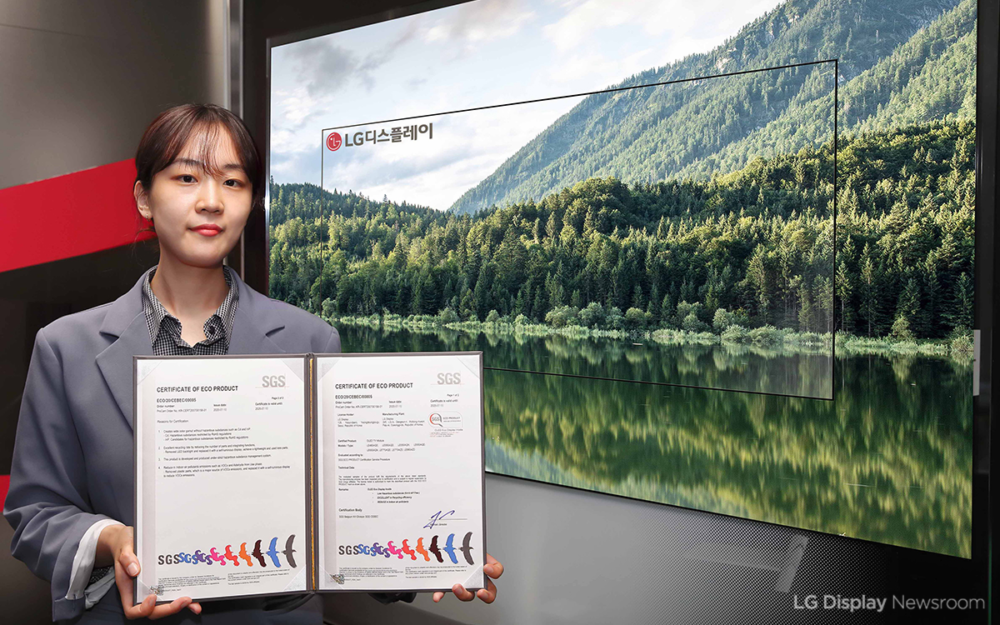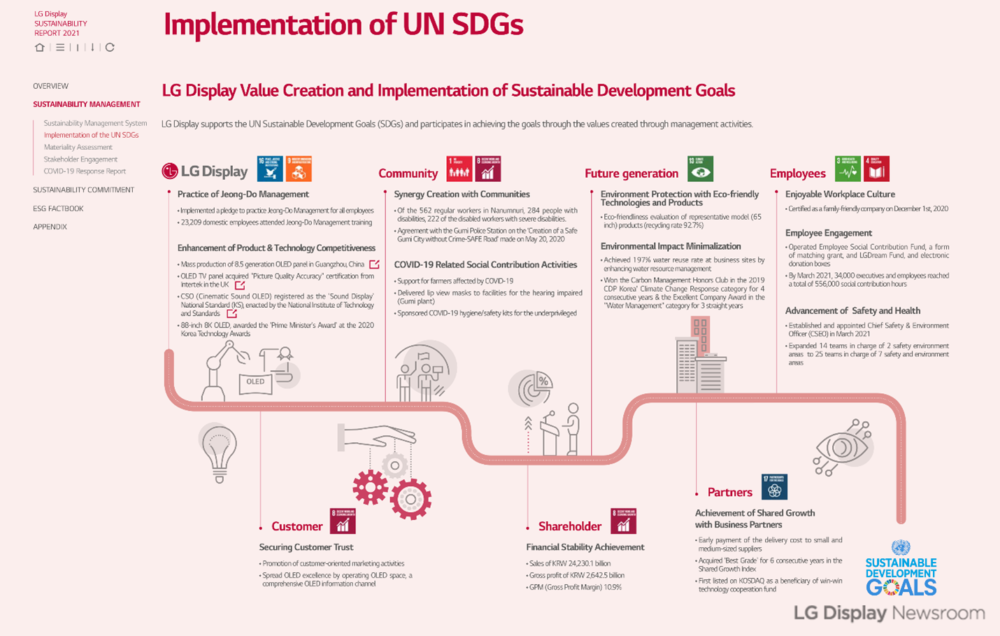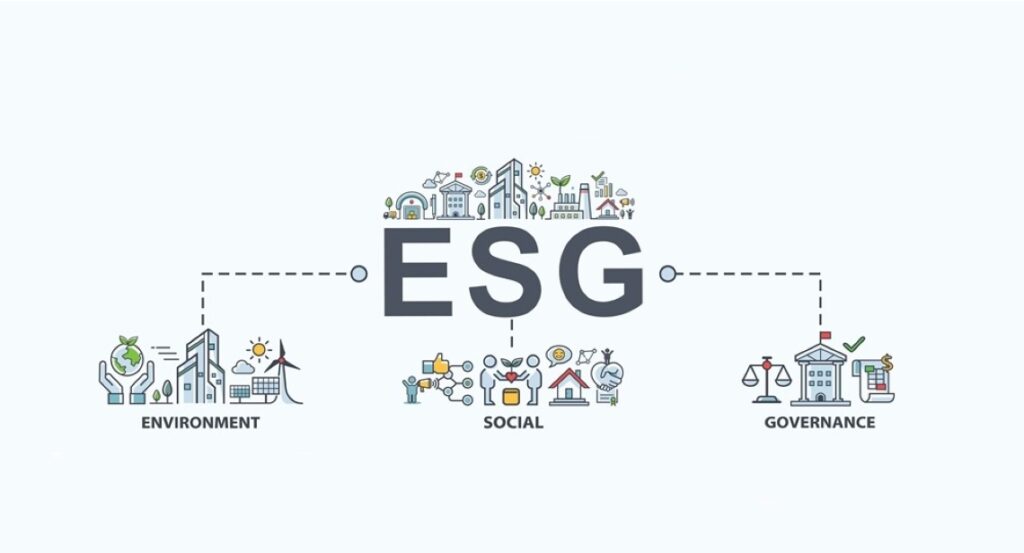By Alex Jensen – These days, it’s hard to look very far in the media without noticing references to Environmental, Social, and Governance – better known as ESG. Driven by rapid social change and an ongoing environmental crisis, ESG factors are influencing everything from investment decisions to consumer choices.
As a result, ESG is no longer a choice for firms with a global profile. Larry Fink, chairman of the world’s largest asset manager BlackRock, declared in his 2021 letter to CEOs that every business will need to consider the “dramatic impact” of more and more investors choosing “to tilt their investments towards sustainability-focused companies.” And Deutsche Bank expects 95% of global assets under management will be allocated taking into account ESG criteria by 2030.
To keep tabs on these companies, no less than 125 organizations have popped up around the world with the purpose of grading ESG performance. Individual companies have also taken it upon themselves to self-evaluate. For instance, LG Display’s ongoing commitment to ESG management was recently highlighted by its 10th annual Sustainability Report. Let’s take a closer look at how LG Display has been making ESG a priority.

Environmental means caring about the planet
With time running out to curb global warming caused by widespread greenhouse gas emissions, United Nations Secretary-General Antonio Guterres has issued “a code red for humanity.” Among greenhouse gases, carbon dioxide (CO2) is recognized as the main culprit behind climate change – as atmospheric CO2 concentrations were higher in 2019 than at any time in the last 2 million years.
Companies have been lining up to counter this dangerous trend by committing to carbon neutrality, which is achieved by reducing their carbon footprint to zero. This can be done through internal measures to reduce emissions as well as external steps like investing in clean technologies.

LG Display is also part of the movement seeking carbon neutrality, as highlighted by its latest Sustainability Report. The company aims to both reduce greenhouse gas emissions by 75.6% and achieve a 100% waste recycling rate by 2050. The Sustainability Report shows it has already achieved a 197% water reuse rate at its business sites by enhancing water resource management.
Moreover, LG Display’s products reflect its interest in protecting the environment and consumers. OLED panels are a great example as their eco-advantages include high recyclability, reduced hazardous substances, and lower indoor air pollutants – earning them Eco-Product status as certified by SGS. Other certifications that have been earned for OLED displays with the safety of consumers in mind include UL’s Low Blue Light Display Verified Mark.

Social means caring about people
Global companies are also becoming increasingly conscious of their social responsibilities, recognizing the influence business activities can have on the wellbeing of staff, consumers, and wider communities.
Social measures can be tremendously varied because our lives are so diverse. They could take the form of donations to support causes that are directly or indirectly related to a company’s activities. Another trend has seen businesses seek to ensure that human rights and diversity are protected in the workplace and along the production chain linked to a company – for example, ensuring partners foster a safe and positive working environment, even on the other side of the world. A further option might include more traditional CSR engagement with local communities.

LG Display engages in a number of social programs. For instance, the company runs an employment program for disabled people, providing 284 high-quality jobs through this initiative last year. It also encourages staff to volunteer to share in this spirit of community support, such as by joining together to produce movies and e-books for the visually impaired. Overall, no fewer than 12,281 employees took up the opportunity to volunteer last year, including other programs like helping farmers affected by COVID-19 and sponsoring disabled children.
As well as also promoting the overall wellbeing of its employees and their families through training and career guidance, LG Display’s Integrated Safety Management system seeks to preemptively prevent and respond quickly to any accidents. Its attitude of caring extends to a win-win relationship with partners, from establishing a technology fund worth around KRW 100 billion to supporting those experiencing pandemic-related business difficulties through measures like suspending loan repayments and purchasing masks.
Governance means caring about ethical leadership
Corporate governance is often less publicized compared with environmental and social decisions, but it actually lays the foundations for all three ESG pillars. We are progressively seeing firms hold themselves accountable, diversifying at board level, and then offering transparency by disclosing information such as ESG performance reports.

Since its early stages, LG Display has been putting in efforts to create both economic and social values throughout its business management. This was confirmed by April’s launch of an ESG Committee under the company’s board of directors, which is mostly made up of external members to ensure independence. The company’s ESG commitment reaches the scale of implementing the 17 Sustainable Development Goals designated by the United Nations, as shown below.

Yet, LG Display doesn’t only rely on ideas at the level of the board. It actively promotes a system of participation among employees. This has proved to be popular, with 14,691 employees registering to put forward their innovations in 2020, up nearly 26% from the previous year. The company sees itself as a corporate citizen fulfilling its social responsibility, with the goal of increasing the rights and interests of all stakeholders through efficient and systematic decision-making.
And going forward, the future remains fixed on those letters ‘ESG’ based on LG Display CEO Jeong Ho-young’s Sustainability Report message: “We will continue to elevate our contribution to society and meet the expectations from the stakeholders, not only on the business results, but also in all areas of ESG.”










